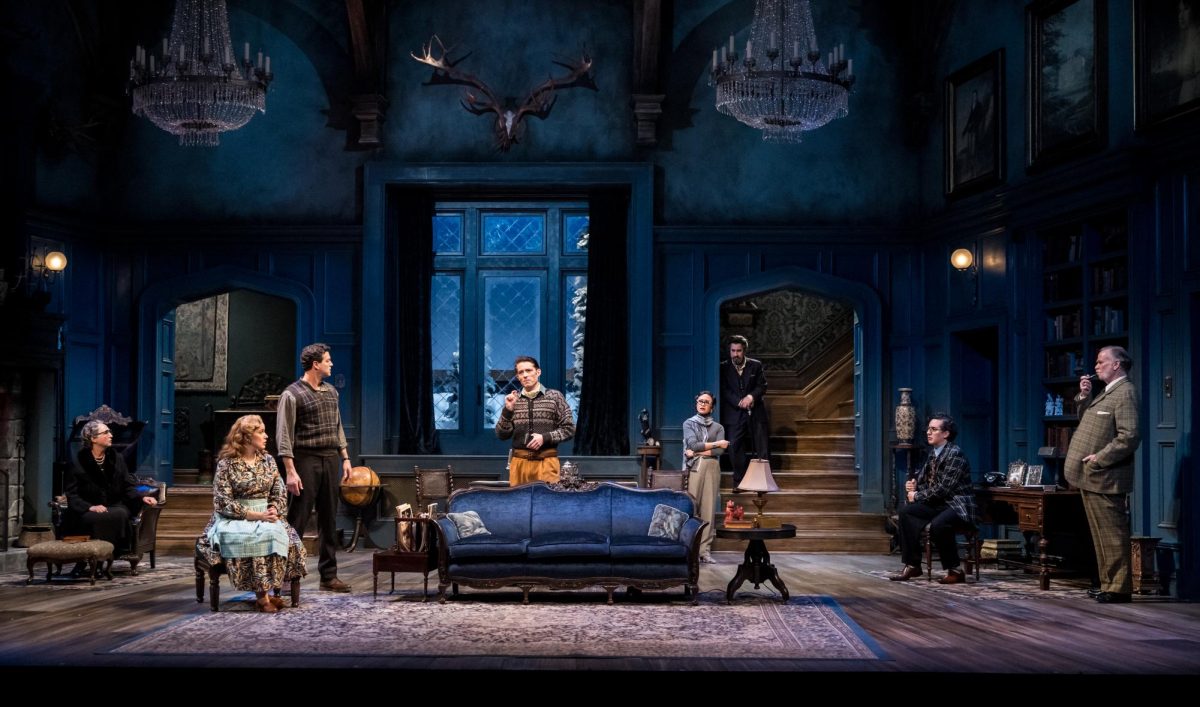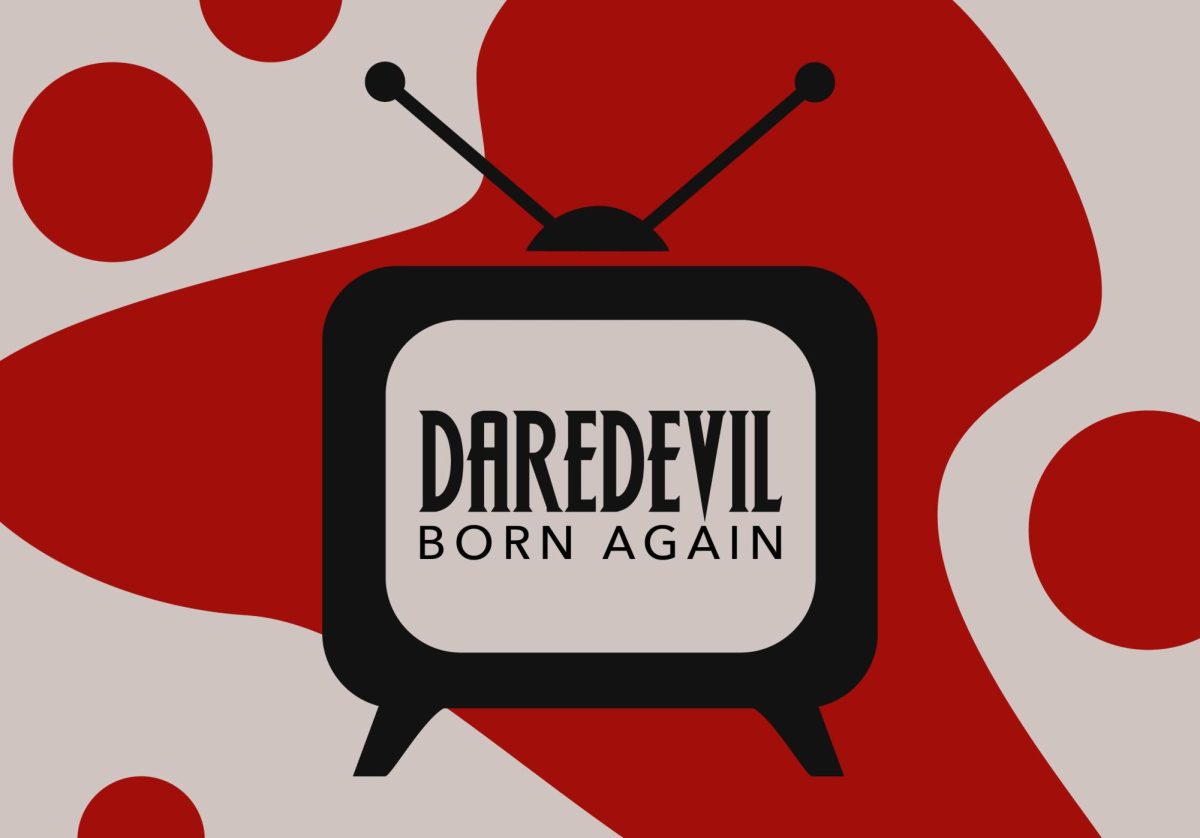Children learn by emulating their parents. Morals, values and beliefs are passed down from one generation to the next.
But there are parents who get caught up in their own lives and forget the repercussions their actions have on their children. They blame others for their children’s problems. They blame the schools, and they blame the media, everyone but themselves.
The junior class of the Bachelor of Fine Arts Actor Training Program explores the tragedy behind these relationships, or lack thereof, in its production of “Orestes.”
Written by Euripedes in the fifth century B.C., “Orestes” is the story of Orestes and Electra, the children of Agamemnon and Clytemnestra. Agamemnon was a key player in the Trojan War, but he was murdered by his wife when he returned, because he sacrificed their daughter to help him win the war. Orestes swore he’d get revenge on his mother to avenge their father.
“We’ve been exploring the play by asking what happens to the youth of a country when their parents become more engaged in war and revenge than in peace and true justice,” said director Elisa Carlson, a Guthrie Theater artistic staff member.
“We are performing a translation of ‘Orestes’ by Philip Vellacott, with a prologue added from the Aeschylus play ‘The Eumenides,’ translated by Paul Roche.”
“The Eumenides” takes place after Orestes murders his mother and is sent to the goddess Athena to learn his fate. Orestes is haunted by the Furies because of his crime.
Carlson said she wants to show the audience the depth of Orestes’ torment.
Music is an integral aspect of Greek tragedies, but a cast member usually doesn’t pull double duty on stage and in the orchestra.
Namir Smallwood, cast as Menelaus, Orestes’ uncle, created the percussion accompaniment for the production.
Carlson said, “He plays many different instruments for the production when he’s not on stage as Menelaus.”
At the center of the play is the debate between Orestes and his grandfather about how to prosecute murderers. The grandfather argues killers should be exiled, while Orestes claims he had the right to kill and shouldn’t be punished.
Caught in the middle, “Menelaus thinks it’s the actions of his generation, the Trojan War generation, that have taught Orestes to behave as he does,” Carlson said. “I believe the grandfather represents the original Greek way of justice that Euripides believed in, while Orestes’ view represents the war- and revenge-hungry Athens of the time the play was written.”
The tendency of people to blame others for their problems can seem like an essential human trait. There’s no reason to take the rap when someone else can, right? “Orestes” delves into the hearts of men to find a conclusion, and the conclusion determines the fate of generations.







